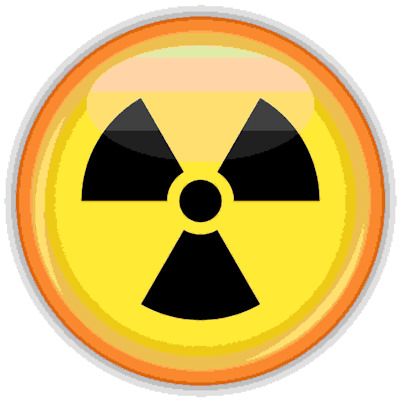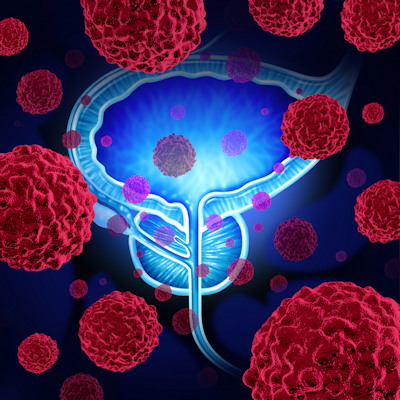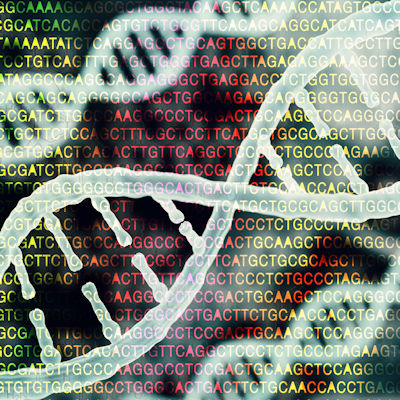November 28, 2022 -- A single drug compound attacks prostate cancer by triggering immune cells and hinders the tumor's ability to use testosterone as fuel, a new study finds. The drug could be used to treat other solid tumors that don't respond to standard therapy.
Prostate cancer can be hard to treat as tumors develop resistance to standard therapies that block or reduce testosterone, which spurs tumor growth. Also, prostate cancer is resistant to newer immunotherapies and so better therapies are needed.
Washington University School of Medicine researchers have potentially found one in the drug (R)-9b, a small molecule that blocks an oncogene (Nature Communications, November 14, 2022). The drug reduces or eliminates androgen receptors in prostate cancer cells and blocks the gene ACK1. When the researchers developed a strain of mice that completely lacked this gene, little prostate tumor growth was observed.
In the few that did develop tumors, the tumors were small. When mice with the ACK1 gene were implanted with human prostate tumors and given (R)-9b, it produced increased levels of certain types of T cells known to attack cancer.
The drug also boosted signaling molecules that allow the T cells to penetrate the tumor. Additionally, the (R)-9b treated mice had tumors much smaller than those of mice in control groups. The ACK1 pathway activation could also be used for other cancers that do not respond to checkpoint inhibitors, which the scientists plan to study next.
Copyright © 2022 scienceboard.net











